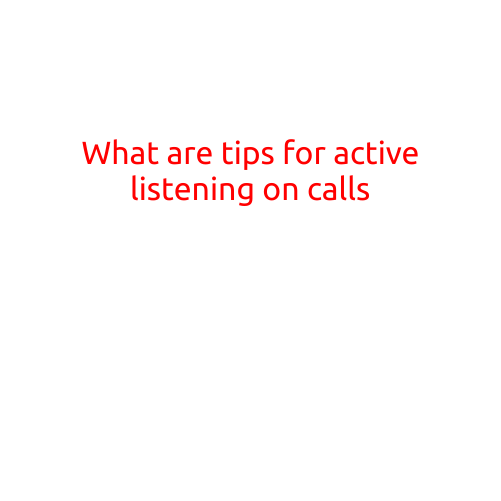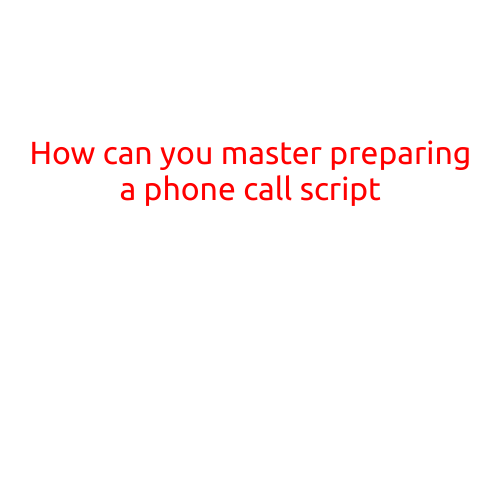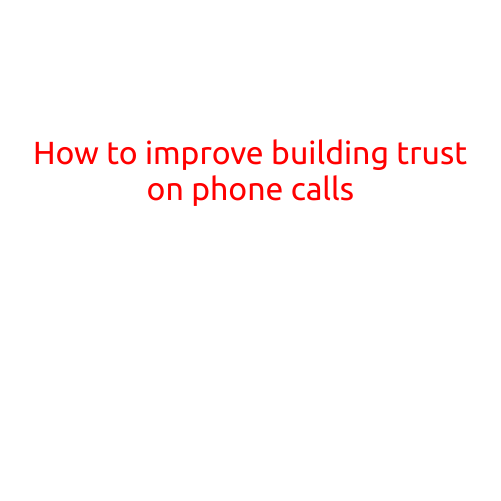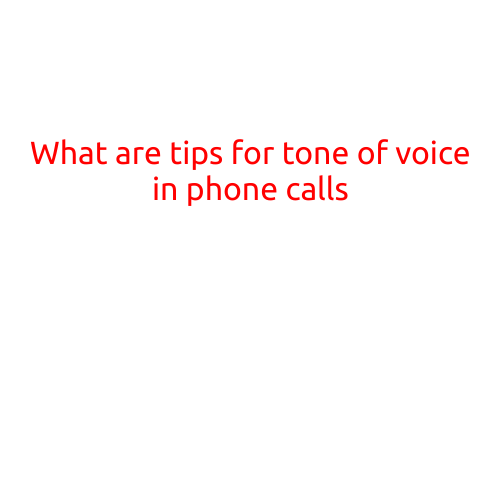
What are Tips for Active Listening on Calls?
Effective communication is crucial in today’s fast-paced business world, and it all starts with active listening. Whether you’re on a conference call, a sales call, or a client call, active listening is essential to build trust, resolve issues, and achieve your goals. In this article, we’ll explore the importance of active listening and provide valuable tips on how to improve your listening skills on calls.
Why is Active Listening Important on Calls?
Active listening is a skill that requires focus, attention, and dedication. When you’re on a call, it’s easy to get distracted by phone noise, background chatter, or even your own thoughts. However, ignoring the person on the other end of the line can lead to misunderstandings, miscommunications, and lost opportunities. Active listening helps to:
- Build trust and rapport with the caller
- Prevent miscommunications and misunderstandings
- Resolve issues efficiently
- Show respect and empathy for the caller’s concerns
- Improve call outcomes and relationships
Tips for Active Listening on Calls
Now that we’ve discussed the importance of active listening, let’s dive into practical tips to improve your listening skills on calls:
- Give the caller your undivided attention: Before the call, clear your schedule and find a quiet, distraction-free space. When the call starts, minimize background noise and put away any materials that might distract you.
- Use verbal cues: Use verbal cues such as “uh-huh,” “I understand,” or “go on” to show the caller that you’re engaged and interested in the conversation.
- Maintain eye contact: Even if you’re on a video call or not, maintain eye contact with the caller by focusing on the screen or using a webcam.
- Avoid interrupting: Let the caller finish their thoughts without interrupting. Take a moment to process what they’ve said before responding.
- Paraphrase and summarize: Repeat back what you’ve heard in your own words to ensure understanding and show that you’re actively listening.
- Ask clarifying questions: If you’re unsure about something, ask follow-up questions to clarify the caller’s concerns.
- Show empathy: Put yourself in the caller’s shoes and show understanding and empathy for their situation.
- Avoid multi-tasking: Refrain from typing, browsing, or doing anything else that might distract you from the call.
- Take notes: Take notes during the call to help you remember important details and show that you’re taking the caller’s concerns seriously.
- Follow up: After the call, send a follow-up email or note to recap the conversation and any agreed-upon actions.
Conclusion
Active listening is a crucial skill for anyone who makes or receives calls. By following these tips, you can improve your listening skills, build stronger relationships, and achieve better outcomes. Remember, active listening is a skill that takes practice, so be patient and keep working on it. With time and effort, you’ll become a master listener and a more effective communicator.





